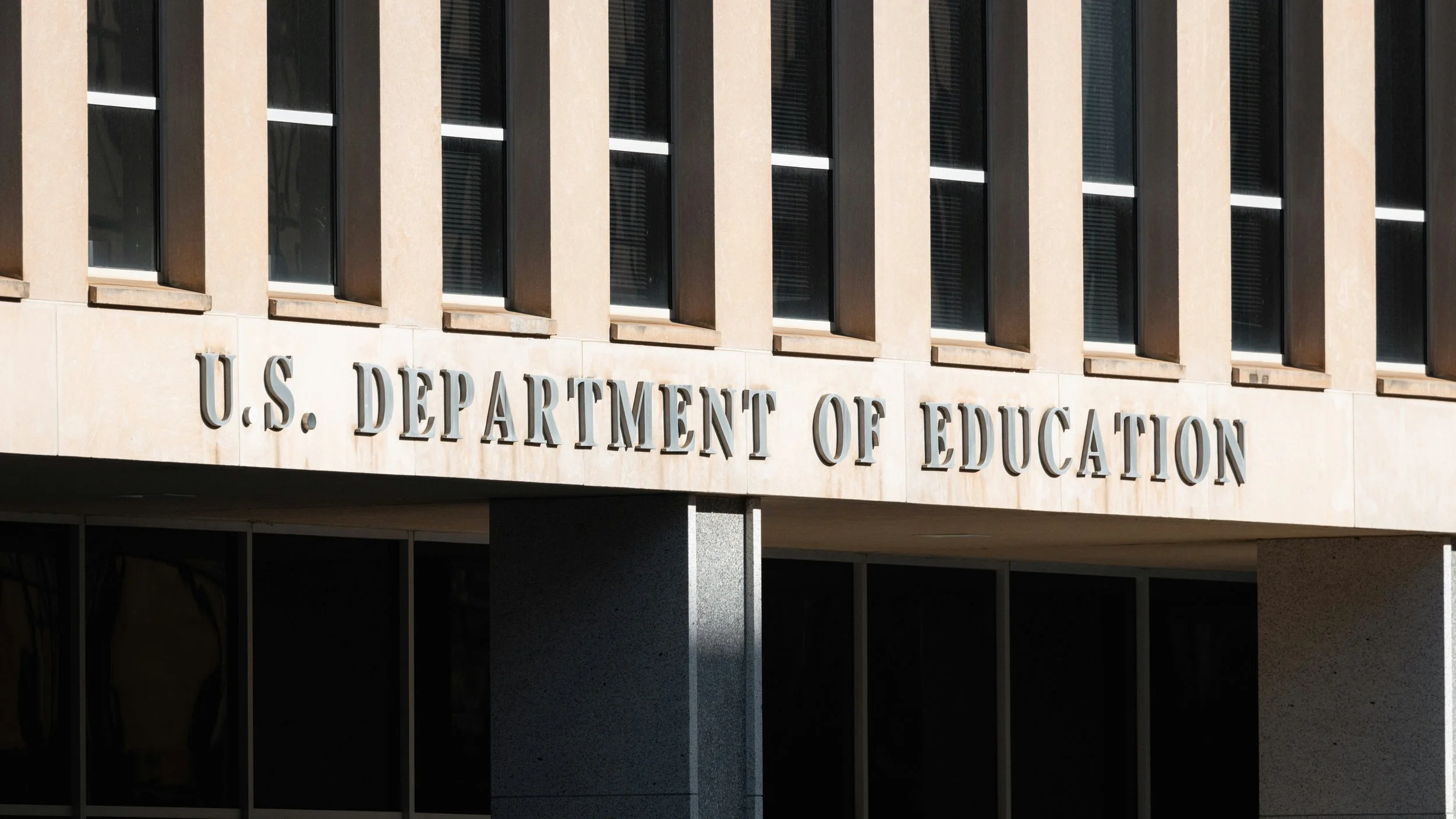The Future of Education Under Trump's Administration
Recent leaked memo from the Trump Administration threatens the future of the Department of Education. Photo by Andy Feliciotti via unsplash.
A leaked internal memo on March 4, received by the Federal News Network, has shown that President Donald Trump plans to dismantle the Department of Education via an executive order named “Eliminating the Department of Education.” Can this actually happen, and if so, what does this mean for students and teachers?
This order followed the Institute of Education Sciences $900 million contracts being canceled by the Trump Administration. This is a significant financial change for the National Center for Education Statistics, an agency that houses research to improve higher education, and provides public information on US postsecondary colleges and universities.
The Department of Education funds student loans, oversees federal funding for low-income individuals, enforces laws in schools that prevent discrimination and much more. A lot of the crucial research information gathered by the Department of Education is used for many federal programs.
Linda McMahon, the current Secretary of Education, describes this decision as a “momentous final mission” to “send education back to the states.” She hopes this will bring a “new era of accountability” to the federal government.
Why does President Trump want to do this? He has a main goal of reducing the role the federal government has in education and giving the power back to the states. However, educational standards and curriculums are already primarily run by the states. The Department of Education has a broader role - enforcing general civil rights laws and financial aspects such as loans.
Although President Trump has a plan to dismantle the Department of Education, a president cannot outwardly get rid of a department. Getting rid of a cabinet department is a power that resides within Congress. Although President Trump's executive order can set a process in motion, there would have to be specific legislation enacted and drafted by the legislative branch to get rid of it.
Despite Republicans controlling the House, there is no guarantee that the legislation would pass. According to a report done in 2023 by NBC News, a majority of the House, which included 60 republicans, voted against a proposal that expressed support for getting rid of the Department of Education. According to NBC, the proposal stated that the “Education Department ‘shall terminate on December 31, 2026.”
What does the potential dismantling of the Department of Education mean for students and teachers? Its dismantling would affect K-12 students of lower income levels, as it disperses crucial Title I funds to lower income institutions. As for college students, the Department of Education oversees the accreditation of all postsecondary institutions and manages federal loan and grant programs, such as FAFSA, which almost all college students use.
The Department of Education also oversees and protects students from sexual and racial discrimination. Leaving these important rules and decisions up to the states could potentially mean significant changes for things such as gender/culturally-inclusive housing for college students, as well as general curriculums being taught in universities.
